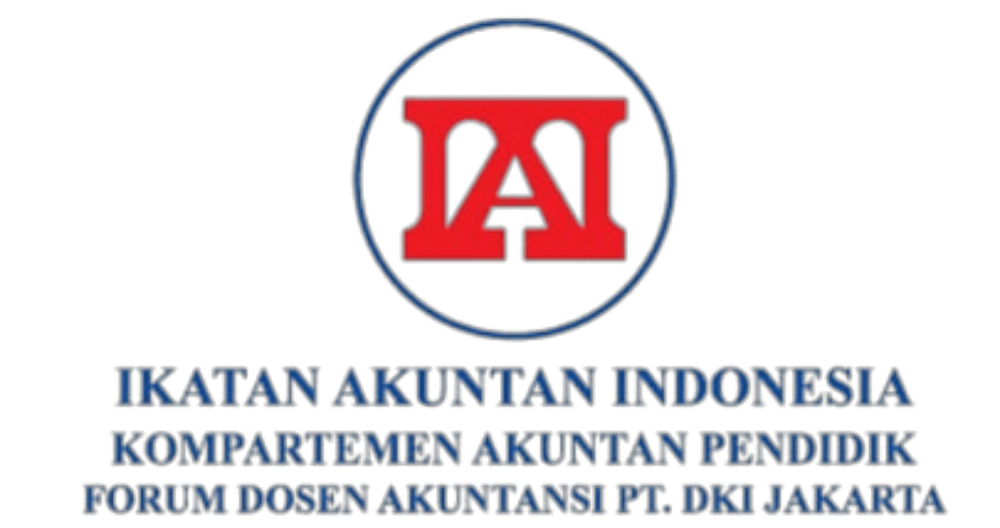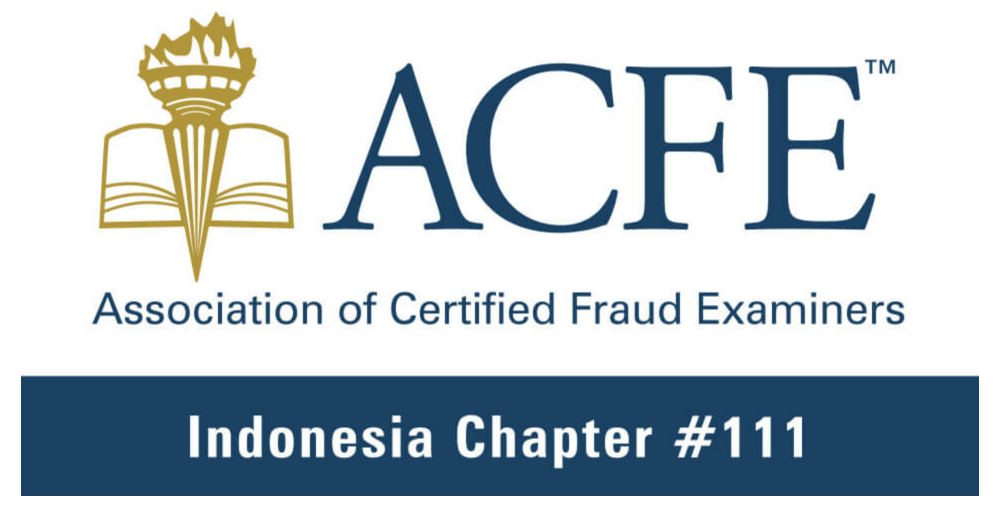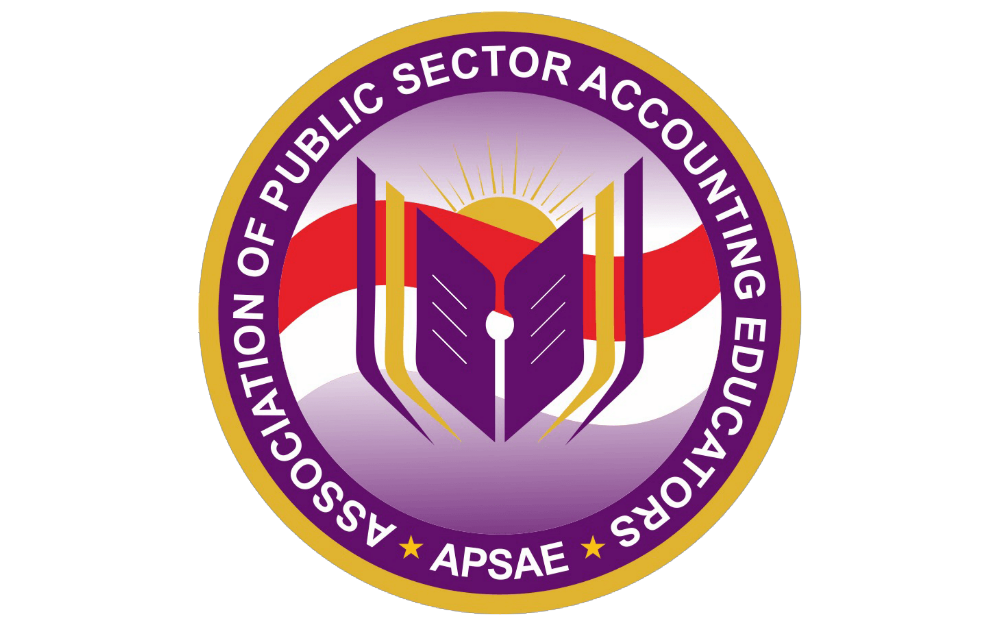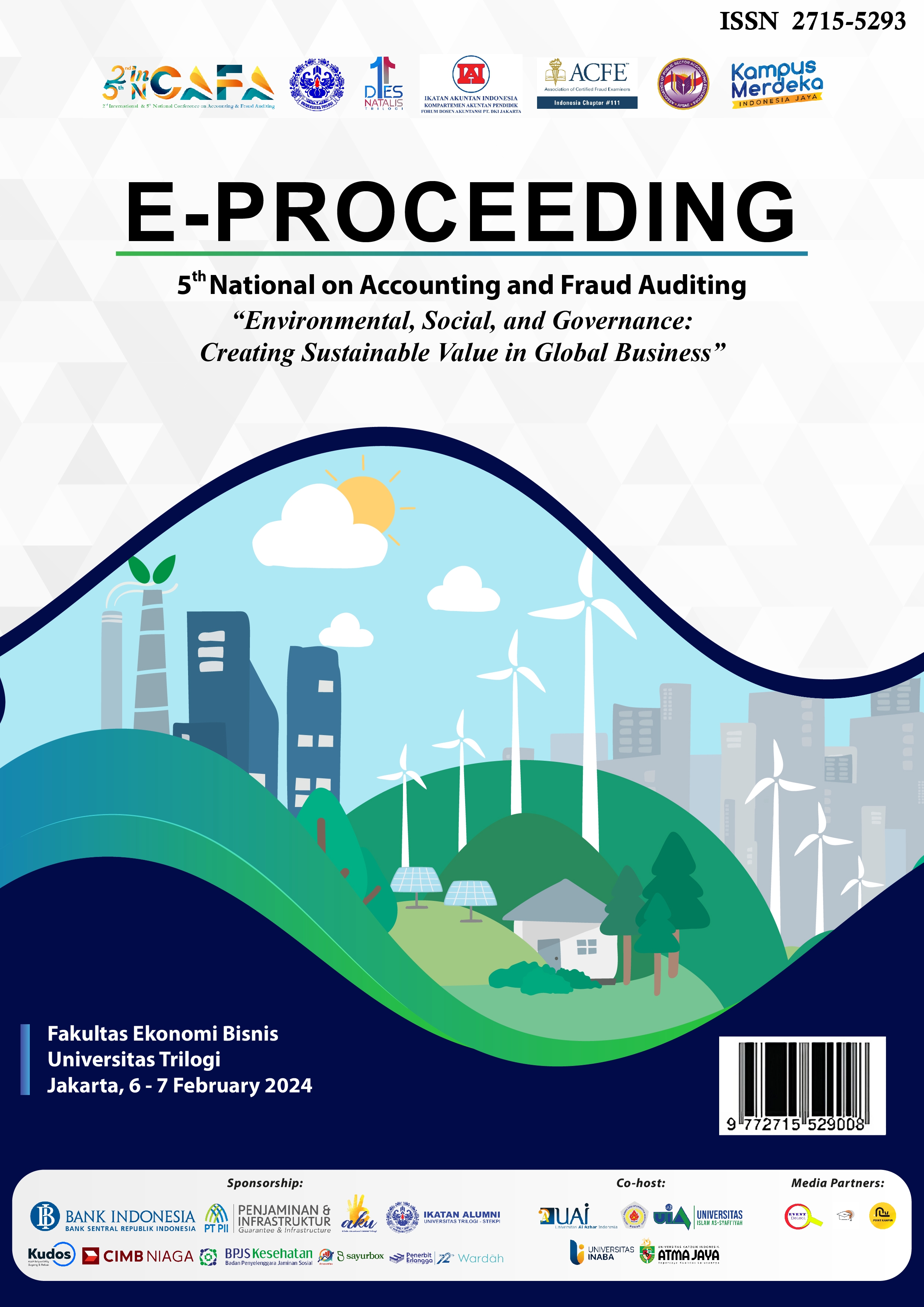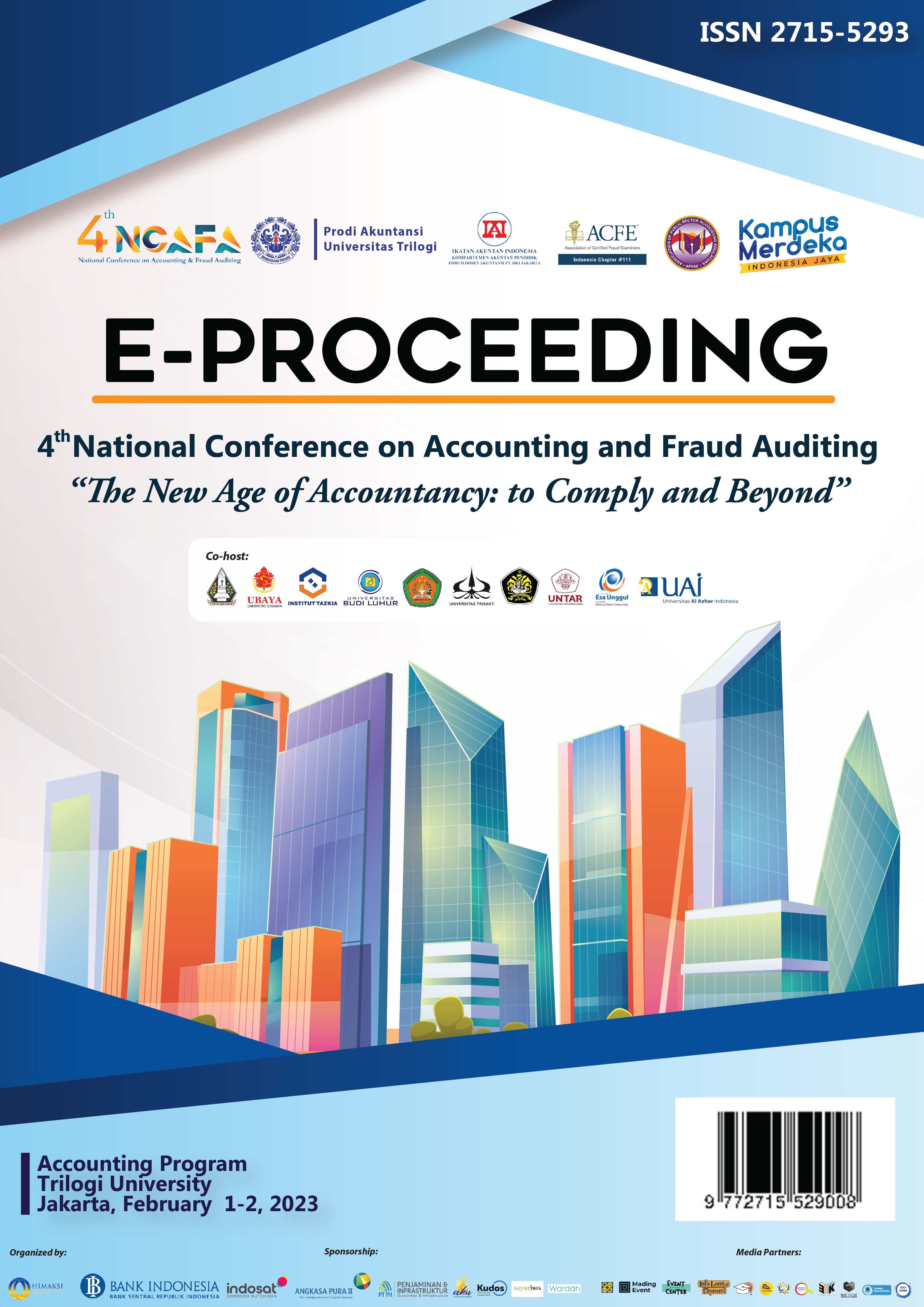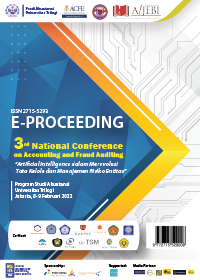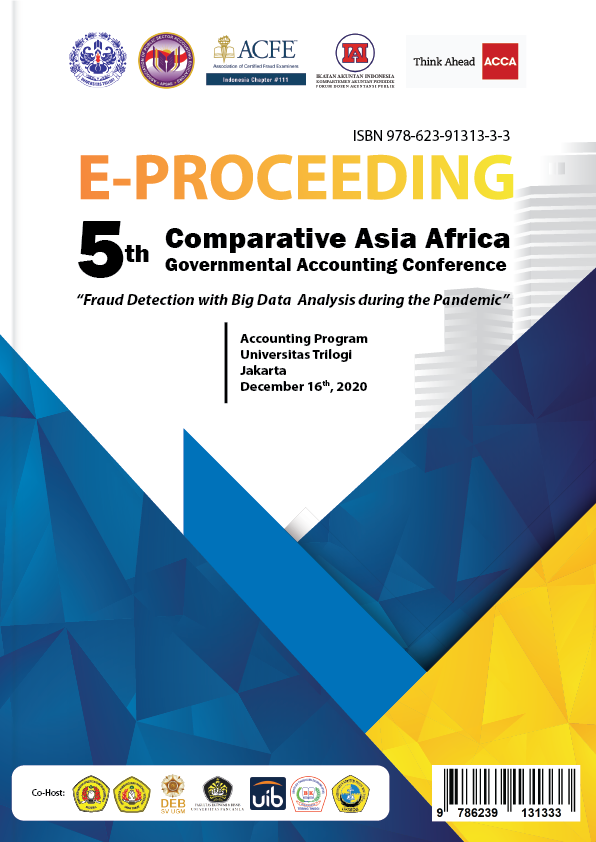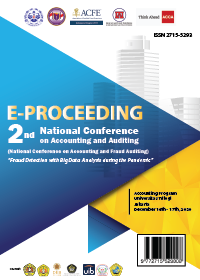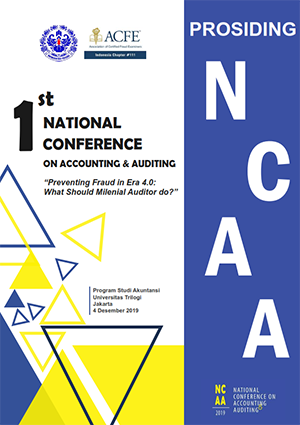ANALYSIS OF INTERNAL CONTROL AND EFFORTS TO PREVENT FRAUD ACCOUNTING IN EDUCATION SECTOR DURING THE PANDEMIC (School Operational Assistance Fund)
Abstract
Corruption cases in the public sector have increased in recent years. The practice of misuse of the budget in the education sector during a pandemic. This happens because the internal control system is ineffective, the budget in the education sector during the pandemic. This happens because the internal control system is already effective so that it provides an opportunity to commit fraud. The objectives of this study are (1) to determine the application of internal control based on the concept of Good Corporate Governance (GCG) as an effort to prevent potential accounting fraud, (2) to determine the obstacles faced in implementing internal control based on the concept of Good Corporate Governance (GCG) as an effort to prevent potential for accounting fraud, (3) knowing the steps taken to overcome the obstacles faced in implementing internal control based on the concept of Good Corporate Governance (GCG) as an effort to prevent potential accounting fraud. This research uses a qualitative approach with a descriptive approach. The data used in this research are primary and secondary data in the form of interviews, observations, documentaries, and literature studies. The results showed that the implementation of internal control in the public sector on the concept of Good Corporate Governance (GCG) has not run optimally.
Keyword : Accounting Reform, Public Sector , Unintended Outcome, Fraud
Full Text:
PDFReferences
Dewi, K. Y. K., & Ratnadi, N. M. D. (2017). The Effect of Internal Control and Integrity on the Tendency of Accounting Fraud in the Regional Work Units of Denpasar City. E-Journal of Accounting, 2017 (1), 917–941.
Laxman, S., R. Randles, and A. N. (2014). The Fight Against Fraud. Internal Auditor, February, 49-53. International Journal of Project Management. https://doi.org/10.1016/j.ijproman.2015.12.009
Lingga, R. T. & R. A. (2017). System As Predictor in Local Government. Mitigate It? Internal Control Systems as a Predictor of Accounting Fraud Can Individual Loyalty Mitigate It? State Financial Governance & Accountability, 3 (2), 113–129.
Miles, M.. & H. A.. (1984). Laxman, S., R. Randles, and A. Nair. (2014). The Fight Against Fraud. Internal Auditor, February, 49-53.
Nahartyo, E., &. H. (2018). Magnitude of Corruption, Rationalization, and Internal Control Quality: an Experimental Study on Subsequent Offense. Indonesian Journal of Accounting and Finance, 15 (2), 164–179. https://doi.org/10.21002/jaki.2018.09
Sari, W., Rifki, A. M., & Karmila, M. (2020). Distance Learning During the Covid Emergency 19. Journal of Mapp Pesona, (1), 12.
Sugiyono. (2017). Qualitative and Quantitative Research Methods R & D. Bandung: Elfabeta.
Tuanakotta, Theodorus, M. (2012). Forensic Accounting and Investigative Auditing. Bogor: Publishing Institute, Faculty of Economics, University of Indonesia. Jakarta.
Yanti, K. R. P., & Purnamawati, G. A. (2020). Analysis of Internal Control and Efforts to Prevent Accounting Fraud in the Hospitality Sector. Accounting Student Scientific Journal, 11 (1), 2614–1930.
DOI: https://doi.org/10.31326/.v2i2.782
Refbacks
- There are currently no refbacks.

